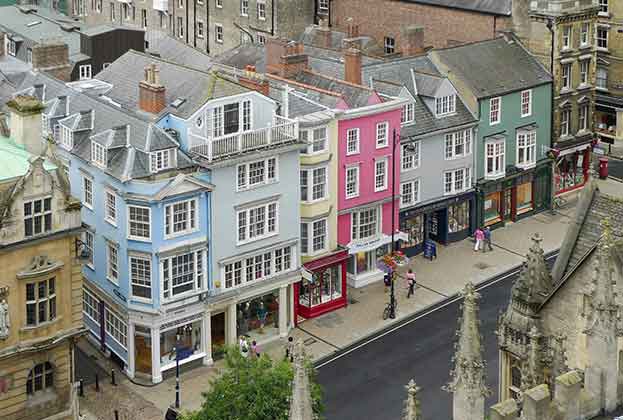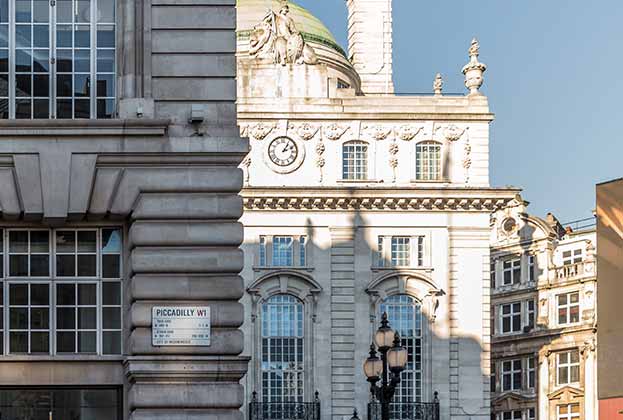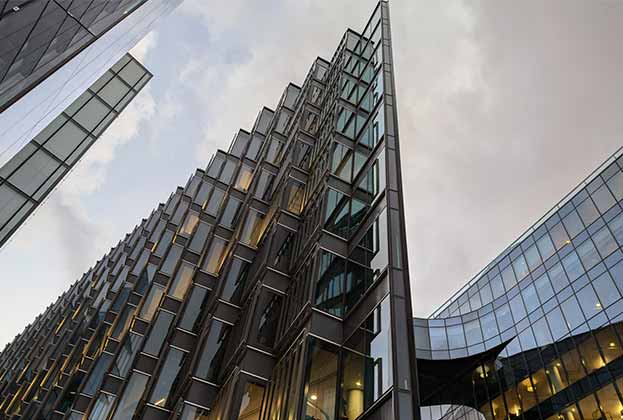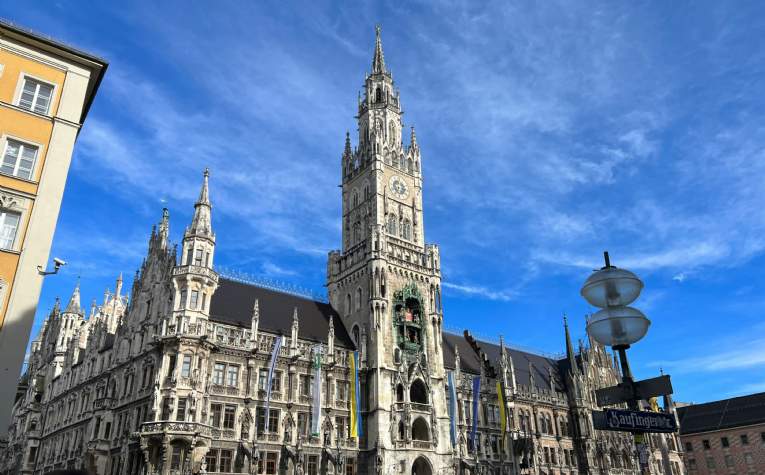With Brexit very much on the horizon, Canary Wharf, London’s financial heart, has been the talk of the town with regards to retaining its high standing on the global commercial scene.
Despite the Brexit scaremongering that immediately followed the EU referendum with suggestion of a mass exodus from London, there has been little evidence to support this to date. The European Medicines Agency announced earlier this year it is upping sticks for Amsterdam, and Goldman Sachs has said it intends for Frankfurt and Paris to conduct the business it will no longer be able to carry out from London post the UK’s departure from the EU. It is the latter – companies relocating some of their functions to European cities rather than their entire business – that we expect to see more of and this continues to offer an attractive opportunity for European cities.
In a recent Reuters article, the French finance minister predicted that Paris will overtake London as Europe’s most significant financial centre. So what does La Défense and the rest of the French capital have that London doesn’t?
A recent Savills report indicated that investment into France was up 27 per cent year on year. 73 per cent of this was concentrated in Paris, with La Défense arguably holding its position as the beating epicentre of finance in the city. Investors from all over the world, including China and Asia, are deploying capital and businesses such as Citigroup are choosing to hedge their Brexit bets and move their headquarters here. Coupled with the undeniable French culture and greater investment into modern, flexible office space, it is no wonder that this area is becoming so sought after.
Nevertheless, it’s not Paris alone that is seeing growing interest from investors and occupiers. Flying further south to Spain, its capital city is experiencing similar levels of interest. Siestas and a slower pace of life could not be further from the truth in Madrid where record levels of investment are being seen across the offices, retail, leisure and residential sectors.
The capital city’s financial hub, La Castellana, is witnessing one of Europe’s most impressive redevelopment projects – El Distrito Castellana Norte – which is set to heighten overseas interest in the coming years. The extension to the north of the city stretches 3.7 km and will connect with the rest of Madrid upon opening in 2020. Comprising 37 per cent office space, this remarkable project is already turning the heads of major global corporations due to its spacious surroundings and mixed-use characteristics and infrastructure links.
Of course the list does not stop there. Amsterdam, Frankfurt, Lisbon and Brussels are all cities which have upped their game to stand a chance of reaping the rewards of the Brexit fall out.
With EU discussions underway for a strict supervision of financial services operations in Canary Wharf and the wider City of London after Brexit, it seems that this game will be a traditional one of 'wait and see'.
Further information
Read more: Briefing note: Investment France
.jpg)
.jpg)





.jpg)


